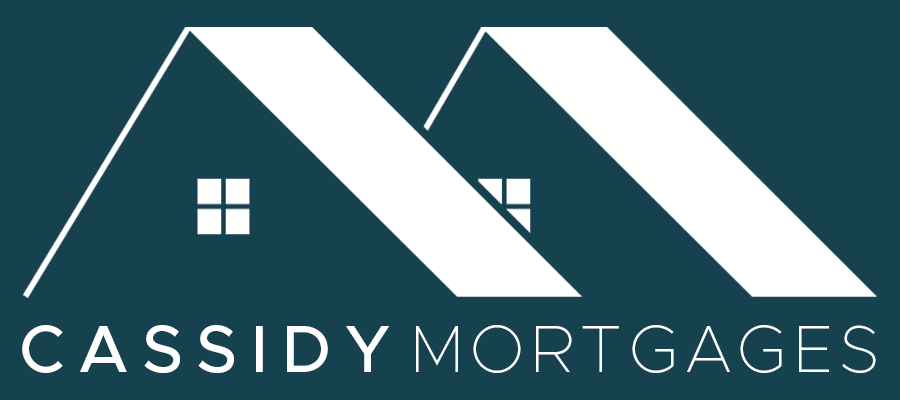How Mortgages Differ In Other Parts Of The World
- hello50236
- Mar 15, 2022
- 2 min read
In most of the world, mortgages are the primary way for people to get onto the housing ladder and be able to afford to buy a house to call their own.
What is surprising, however, is how different the process of getting mortgages in Liverpool are from getting one in Lille, Lillehammer or Louisville.
These changes can include how long it will take to pay the mortgage back, what legislation is involved, loan-to-income ratios, loan terms and specific rules to ensure people do not borrow more than they are capable of paying back.
Here are some examples of mortgages in different parts of the world.
Canada
Mortgages in Canada are primarily fixed-rate closed mortgages, which are paid at a set rate for a short-term period (typically five years) before being renegotiated.
This kind of works like a lot of fixed-rate mortgage periods in the UK except without the automatic switch to a standard variable rate.
South Africa
In South Africa, mortgages are much harder to acquire due to a maximum loan-to-value of 50 per cent of the valuation or purchase price, whichever is lower.
This means that to buy a house, you need a deposit of half of its costs, the market is dominated by variable interest rates and all loans need to be paid off by the age of 70 regardless of term.
Gulf Cooperation Council Countries
Countries in the GCC, which include Saudi Arabia, Bahrain, the United Arab Emirates and Qatar, as well as other countries with a large Muslim population such as Malaysia and Pakistan offer Islamic mortgages in addition to more conventional mortgage products.
As ‘riba’, interpreted as interest paid on loans of money is forbidden, Sharia-compliant mortgages have been employed where a bank buys a house outright and acts as a landlord for a buyer, who makes contributions and ‘rent’ towards the cost of the property, owning it outright once the last payment is made.
This can, in some countries where it is offered (such as India and the UK until 2003) mean that a mortgage of this type costs more because stamp duty and other transaction taxes based on a change of ownership are charged twice.




Comments